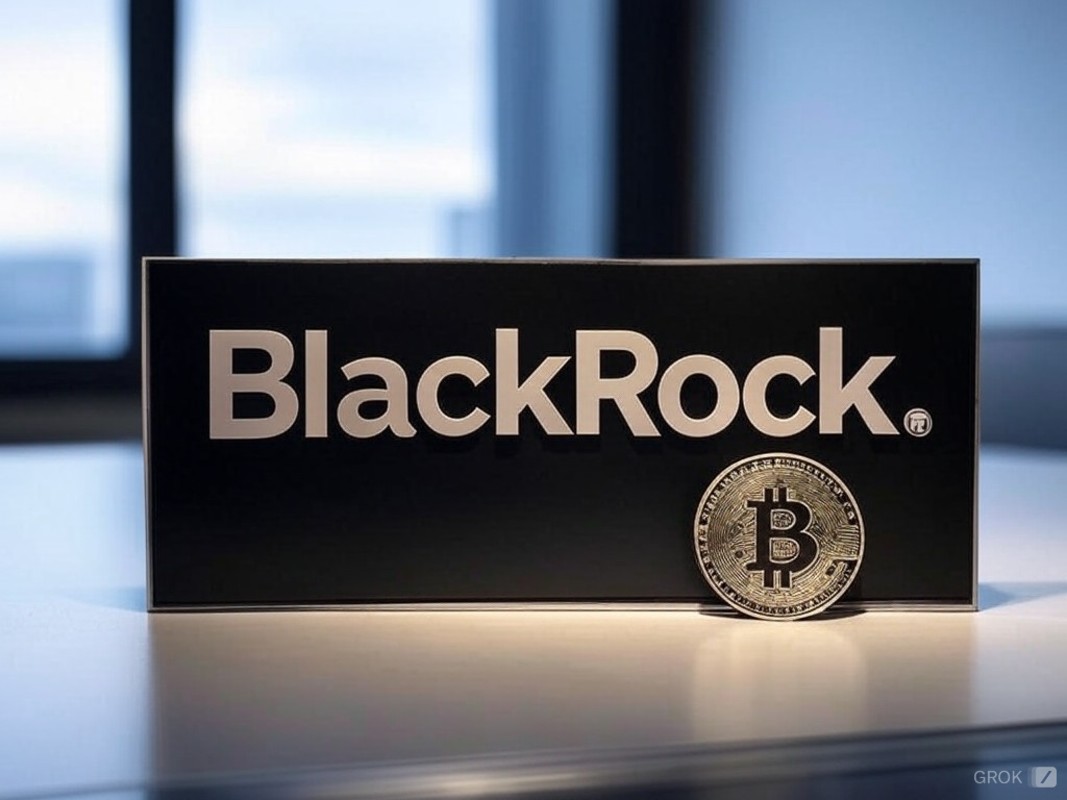PlayStation 5 Pro preview: I don't need it, but I want it
You do not need a PS5 Pro. The Pro is Sony’s latest version of the PS5, offering more power and storage, faster Wi-Fi, and expanded support for tricks like advanced ray tracing, all for the audacious price of $700. That’s nice, but if you already have a PS5, you do not need to rush out and snag the new console. The PS5 Pro is similar to the Steam Deck OLED in this way: It’s a noticeable upgrade, but its existence doesn’t diminish the appeal of the original model. The PS5 you’ve had for years remains very cool and impressive, and if you’re content with it — or if you don’t have the cash to spare — maybe just stop reading right here and go play Astro Bot with your bliss intact. Now that it’s just us, let’s really get into it. If you regularly play PS5 games and can afford to waste (at least) $700 on a more powerful console with extra gills, you absolutely should get a PS5 Pro. The PS5 Pro will ship on November 7 with a 2TB SSD, Wi-Fi 7, faster memory, improved rendering capabilities, and support for VRR, advanced ray-tracing and “8K gaming.” With the Pro, Sony has introduced a proprietary upscaling system called PlayStation Spectral Super Resolution, which fills out details at the pixel level using machine-learning technology in a similar fashion to NVIDIA’s DLSS. There’s also PS5 Pro Game Boost, an enhancement suite that can apply to backward compatible PS4 games, stabilizing or upgrading their performance on the fresh hardware. Sony says this can also improve the performance of supported PS5 titles. These upgrades theoretically mean players no longer have to choose between a premium resolution and high, consistent framerates, so long as the game you’re playing is updated to take full advantage of the console. On the standard and Digital Edition PS5s, players generally pick between Performance mode, which activates 60 fps or 120 fps at a lower resolution, or Fidelity mode, which offers crisp resolution at 30 fps. The Pro, thanks to the increased power and upscaling system, can easily handle simultaneous 4K output and 60 fps, and then some. In action, this means games look and feel exceptional on the PS5 Pro. I played a handful of titles on the Pro over two hours at Sony’s San Mateo studio, and many of the setups included a second screen with the game running on existing PS5 hardware, for comparison’s sake. Overall, the standard PS5 games never looked bad, but the Pro screens definitely looked better. More than anything though, the Pro games felt better. Hopping from 30 fps on the standard PS5 to 60 fps on PS5 Pro — at the same or an even higher perceivable resolution — was all the convincing I personally needed. The Last of Us Part II Remastered offered a poignant demonstration of this difference: I played for a minute in Fidelity mode at 4K/30, and then swapped over to the Pro at 4K/60, and the shift instantly felt right. I questioned how or why I’d ever played a game at 30 fps in my life. Why choose between image quality and framerate when you can have both, you know? Each developer approached the Pro’s power from a bespoke angle. With Spider-Man 2, for instance, Insomniac was focused on improving draw distance and upgrading the resolution of far-away objects in expansive cityscapes. The result is a crisply detailed web-slinging experience around downtown Manhattan with none of the slight fuzziness that the standard version offers. Hogwarts Legacy developers at Avalanche Software wanted to improve the game’s lighting and reflections, and they did: The Pro version presents a castle filled with slick stones and vibrant stained glass rainbows that ripple realistically as the player moves. F1 24, meanwhile, can now handle ray-tracing at 4K/60 during races, and the team at Codemasters built new fences and implemented more realistic, auto-generated reflections on the tracks. The difference between ray-tracing and none is stark, and the game’s Performance mode can hit 4K at 120 fps on the Pro, rather than maxing out at 1440p on current models. A new Resolution mode outputs in 8K/60, but to experience that one, you’ll first have to get your hands on an 8K TV. As with the last generation of upgraded consoles — the Xbox One X and PS4 Pro — a lot of the responsibility for making the PS5 Pro worthwhile stands with publishers and developers. At yesterday’s State of Play event, Sony announced a second batch of titles that will be upgraded for PS5 Pro, including Stellar Blade, Alan Wake 2, Resident Evil Village and Dragon Age: Veilguard. It’s a solid start, but someone spending $700 on a console will rightfully expect many more upgrades over time. Talking with all of the developers at the event, there was a shared sentiment: This is an exciting era of experimentation and customization, and the Pro represents a chance for studios to create the definitive console versions of their games. We’ve only seen the tip of the iceberg when it comes to Pro improvements — and, therefore, the future of console exp

You do not need a PS5 Pro.
The Pro is Sony’s latest version of the PS5, offering more power and storage, faster Wi-Fi, and expanded support for tricks like advanced ray tracing, all for the audacious price of $700. That’s nice, but if you already have a PS5, you do not need to rush out and snag the new console. The PS5 Pro is similar to the Steam Deck OLED in this way: It’s a noticeable upgrade, but its existence doesn’t diminish the appeal of the original model. The PS5 you’ve had for years remains very cool and impressive, and if you’re content with it — or if you don’t have the cash to spare — maybe just stop reading right here and go play Astro Bot with your bliss intact.
Now that it’s just us, let’s really get into it. If you regularly play PS5 games and can afford to waste (at least) $700 on a more powerful console with extra gills, you absolutely should get a PS5 Pro.
The PS5 Pro will ship on November 7 with a 2TB SSD, Wi-Fi 7, faster memory, improved rendering capabilities, and support for VRR, advanced ray-tracing and “8K gaming.” With the Pro, Sony has introduced a proprietary upscaling system called PlayStation Spectral Super Resolution, which fills out details at the pixel level using machine-learning technology in a similar fashion to NVIDIA’s DLSS. There’s also PS5 Pro Game Boost, an enhancement suite that can apply to backward compatible PS4 games, stabilizing or upgrading their performance on the fresh hardware. Sony says this can also improve the performance of supported PS5 titles.
These upgrades theoretically mean players no longer have to choose between a premium resolution and high, consistent framerates, so long as the game you’re playing is updated to take full advantage of the console. On the standard and Digital Edition PS5s, players generally pick between Performance mode, which activates 60 fps or 120 fps at a lower resolution, or Fidelity mode, which offers crisp resolution at 30 fps. The Pro, thanks to the increased power and upscaling system, can easily handle simultaneous 4K output and 60 fps, and then some.
In action, this means games look and feel exceptional on the PS5 Pro. I played a handful of titles on the Pro over two hours at Sony’s San Mateo studio, and many of the setups included a second screen with the game running on existing PS5 hardware, for comparison’s sake. Overall, the standard PS5 games never looked bad, but the Pro screens definitely looked better.
More than anything though, the Pro games felt better. Hopping from 30 fps on the standard PS5 to 60 fps on PS5 Pro — at the same or an even higher perceivable resolution — was all the convincing I personally needed. The Last of Us Part II Remastered offered a poignant demonstration of this difference: I played for a minute in Fidelity mode at 4K/30, and then swapped over to the Pro at 4K/60, and the shift instantly felt right. I questioned how or why I’d ever played a game at 30 fps in my life. Why choose between image quality and framerate when you can have both, you know?
Each developer approached the Pro’s power from a bespoke angle. With Spider-Man 2, for instance, Insomniac was focused on improving draw distance and upgrading the resolution of far-away objects in expansive cityscapes. The result is a crisply detailed web-slinging experience around downtown Manhattan with none of the slight fuzziness that the standard version offers. Hogwarts Legacy developers at Avalanche Software wanted to improve the game’s lighting and reflections, and they did: The Pro version presents a castle filled with slick stones and vibrant stained glass rainbows that ripple realistically as the player moves.
F1 24, meanwhile, can now handle ray-tracing at 4K/60 during races, and the team at Codemasters built new fences and implemented more realistic, auto-generated reflections on the tracks. The difference between ray-tracing and none is stark, and the game’s Performance mode can hit 4K at 120 fps on the Pro, rather than maxing out at 1440p on current models. A new Resolution mode outputs in 8K/60, but to experience that one, you’ll first have to get your hands on an 8K TV.
As with the last generation of upgraded consoles — the Xbox One X and PS4 Pro — a lot of the responsibility for making the PS5 Pro worthwhile stands with publishers and developers. At yesterday’s State of Play event, Sony announced a second batch of titles that will be upgraded for PS5 Pro, including Stellar Blade, Alan Wake 2, Resident Evil Village and Dragon Age: Veilguard. It’s a solid start, but someone spending $700 on a console will rightfully expect many more upgrades over time.
Talking with all of the developers at the event, there was a shared sentiment: This is an exciting era of experimentation and customization, and the Pro represents a chance for studios to create the definitive console versions of their games. We’ve only seen the tip of the iceberg when it comes to Pro improvements — and, therefore, the future of console experiences in general.
Designwise, the Pro is big, but then again, so is every version of the PS5. It looks enormous next to the updated Slim PS5, but side on and standing vertically, the Pro is the same height as the launch PS5 and it’s only as wide as the current Slim version. This makes for an elongated, skyscraper kind of aesthetic that only highlights how intrusive the console truly is, but if you’re a PS5 player, this is nothing new. The black gills slicing through the top half of the Pro do little to dispel the visual heft, but on top of providing necessary ventilation, they nicely mirror the look of the wider PS5 line.
The stand that allows the Pro to be positioned vertically is sold separately and costs $30. There’s also an option to add an Ultra HD Blu-ray disc drive to the new console, just like the Digital Edition, and that costs $80. So if you’re in the market for the full Pro package, you’ll have to throw down $810.
It’s a beastly price tag for a beastly console, but thankfully that descriptor applies to performance as well as appearance.
Sony is mining a niche market with the Pro, targeting dedicated PS5 players who happen to have money to burn. It’s not for everyone — and Sony will need to convince lots of developers to support this small audience. But for the type of console player who doesn’t balk at spending $200 on a controller or $700 on a console — me, for instance — it feels like a worthwhile upgrade.
What's Your Reaction?





















































